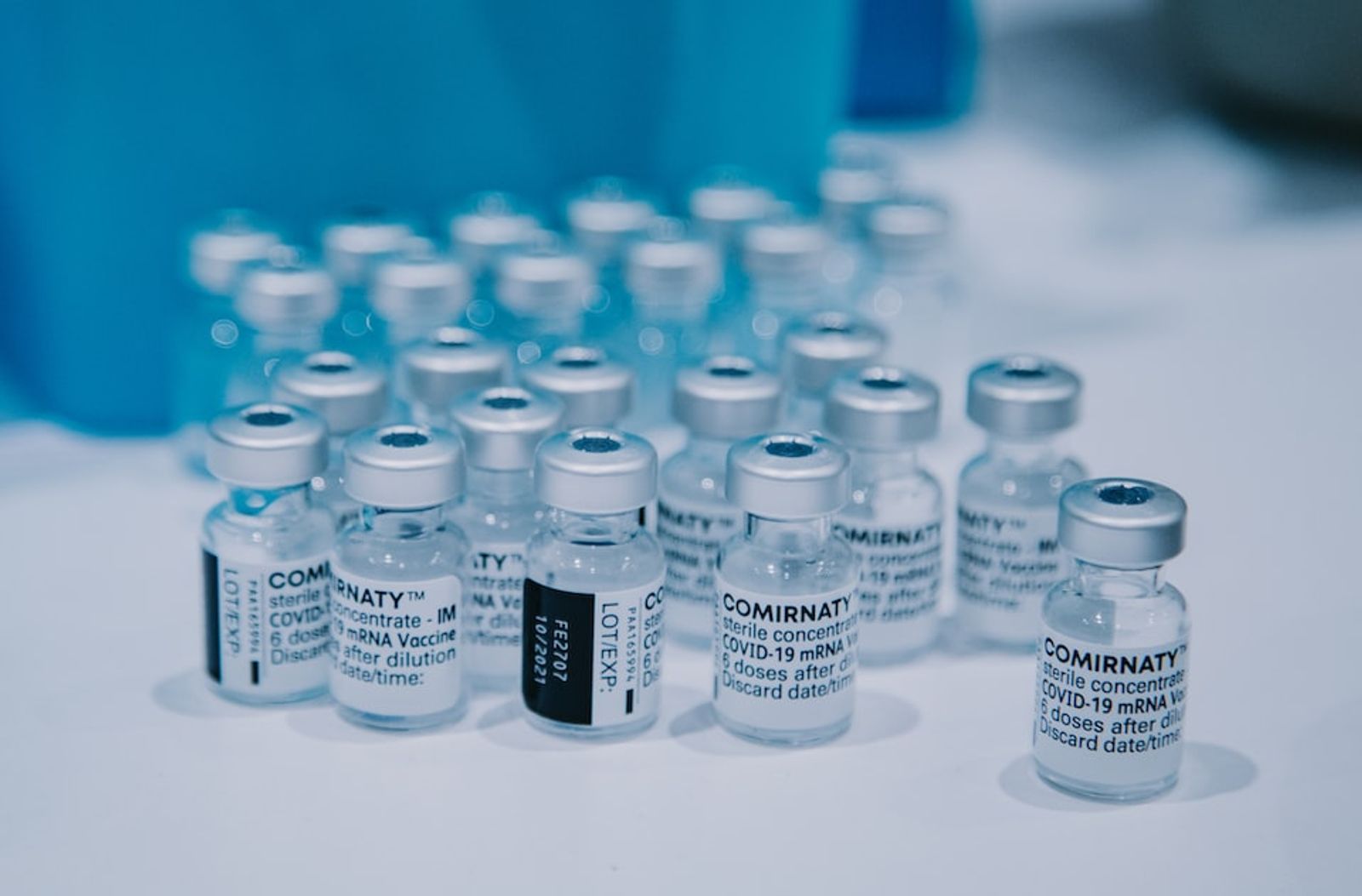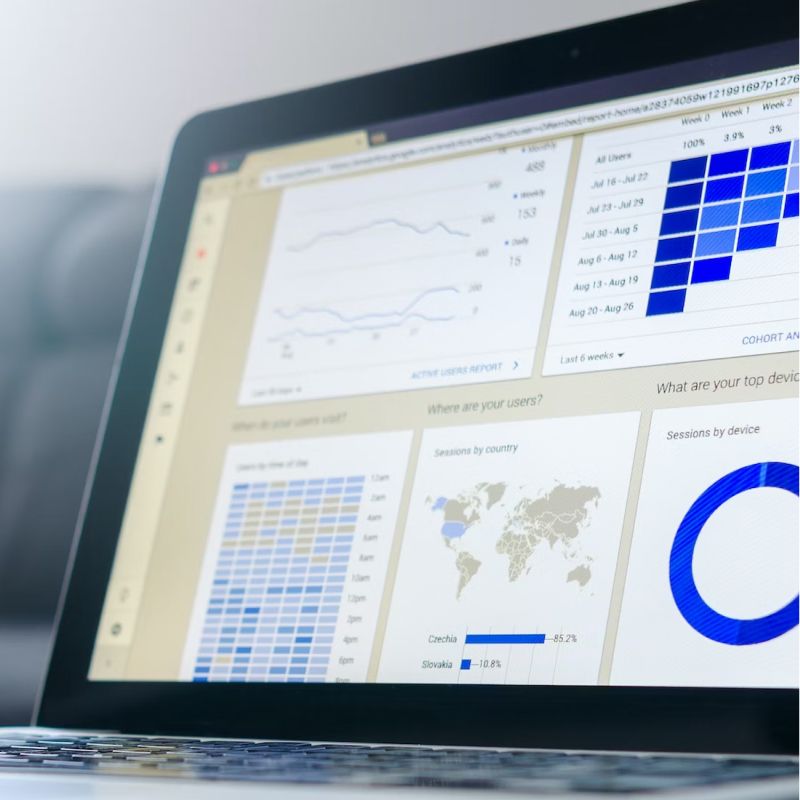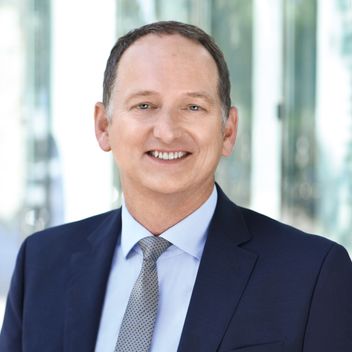

As one of the world’s leading pharmaceutical companies, Pfizer has a central mission: to drive medical progress with new therapies and vaccines in order to prevent diseases, alleviate their effects or even overcome them. Almost 80,000 employees, 2,500 of them in Germany, work on this mission every day in research, production and distribution around the world.

A study published by the German Ministry for Economic Affairs (BMWi) [↗] in 2018 attested to a digitization level of just 50% in the pharmaceutical industry.
Pfizer recognized the opportunities for successful digitization in pharmaceutical sales early on and had already invested significant sums in digital tools for its sales force in recent years. These were flanked by various training measures and continuing education programs.
Despite the high level of investment, there was not immediately widespread acceptance of the new, digital sales tools and their usage did not reach the desired level.

The ambitious goal was: “Become a digital champion”. The aim was to increase productivity by increasing the proportion of digital interaction with physicians and hospitals. A collective change from the prevailing reservations to a positive, technology-savvy mindset - so the thinking went - should result in a clear, measurable change. In addition, the desire was to establish an open dialog within the team about difficulties in using the tools.
Sales Director Cardiovascular Retail & Internal Medicine, Pfizer Germany

Each participant was accompanied for 12 weeks by a personal coach using the TheNextWe® method. The participants used the TheNextWe® app, including the chat function, to be in contact with their coach at all times. During the coaching sessions, they created a personal action plan that contributed to the overarching collective business goal.
During the coaching discussions, participants were first asked to describe their everyday reality and to identify any reservations they had about digitalization and its potential application within the organization. In the joint dialog, these reservations were resolved and transformed into a positive, functional mindset. As a result, the participants developed their own individual, interactive action plan, which they then implemented in everyday business life with the support of the coaches until the new behavior became second nature.
Measurability was ensured on two levels: A detailed survey was integrated within the app. The questions were answered by each participant before and after the program and then analyzed in aggregate to make the change measurable across all participants. In parallel, Pfizer measured - also in aggregated form - the use of the digital tools across the cohort of participants, in particular the number of digitally conducted customer conversations with physicians and hospitals.
After four months, all 12-week coaching sessions were completed and the final evaluation revealed extraordinary results:

The result was compared against the cohort of non-participants, for whom there was no significant increase over the same period. It is worth mentioning that this success was achieved by the end of 2019, well before the start of the pandemic and the accompanying forced acceleration of digitization.
The belief “Digital conversations are the future of customer interaction” increased by 31% during the measurement period.
As postulated in the design of the program, the reasons for the very significant increase lay in the dissolution of reservations and the honest confrontation with the perceived difficulties that participants associated with digital sales.
Overall, the program was received positively by the participants across the board. The quality of the coaching was rated on average with 9.6 out of 10 points.
former Country Manager, Pfizer Germany

Pfizer Germany


